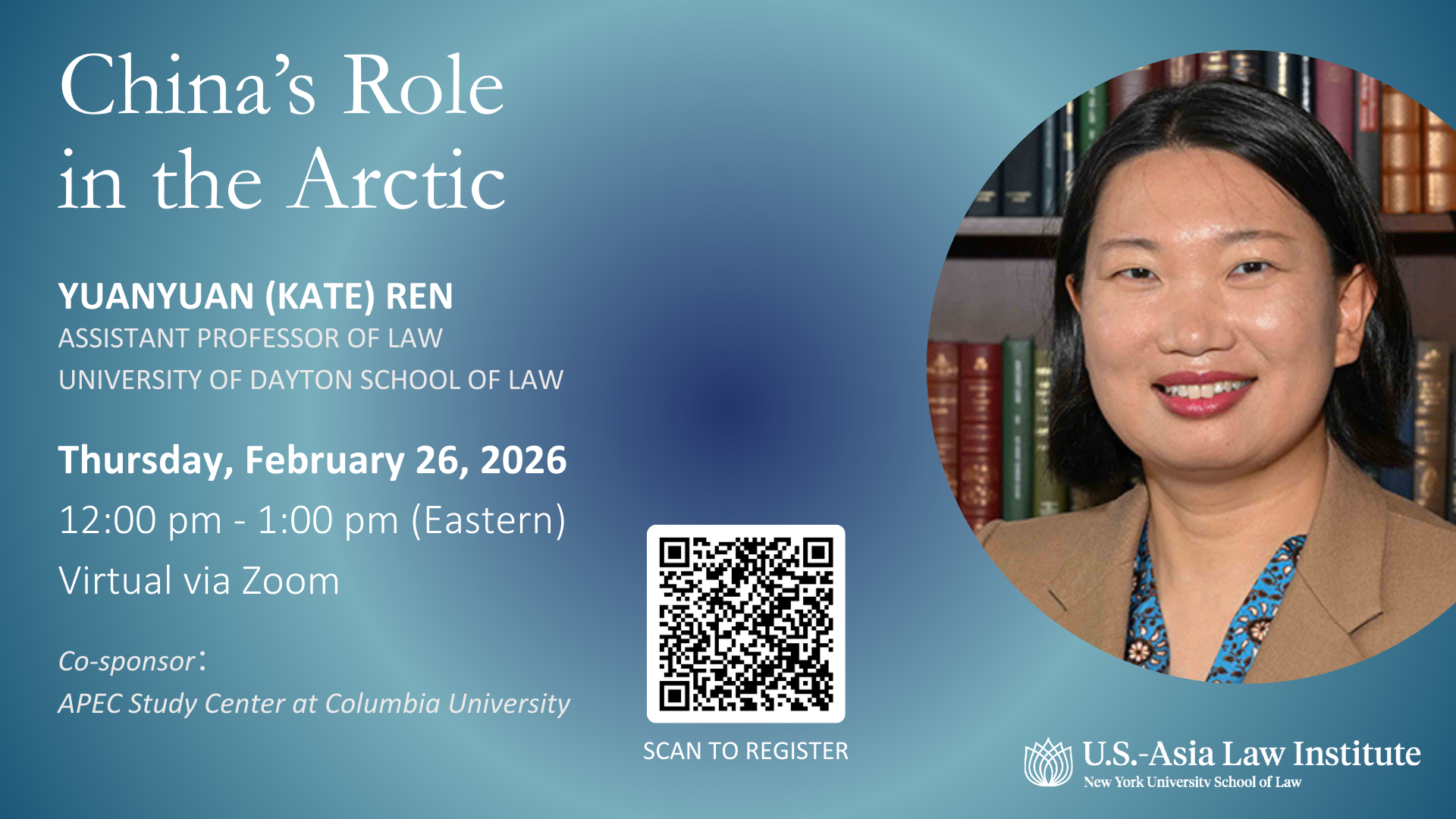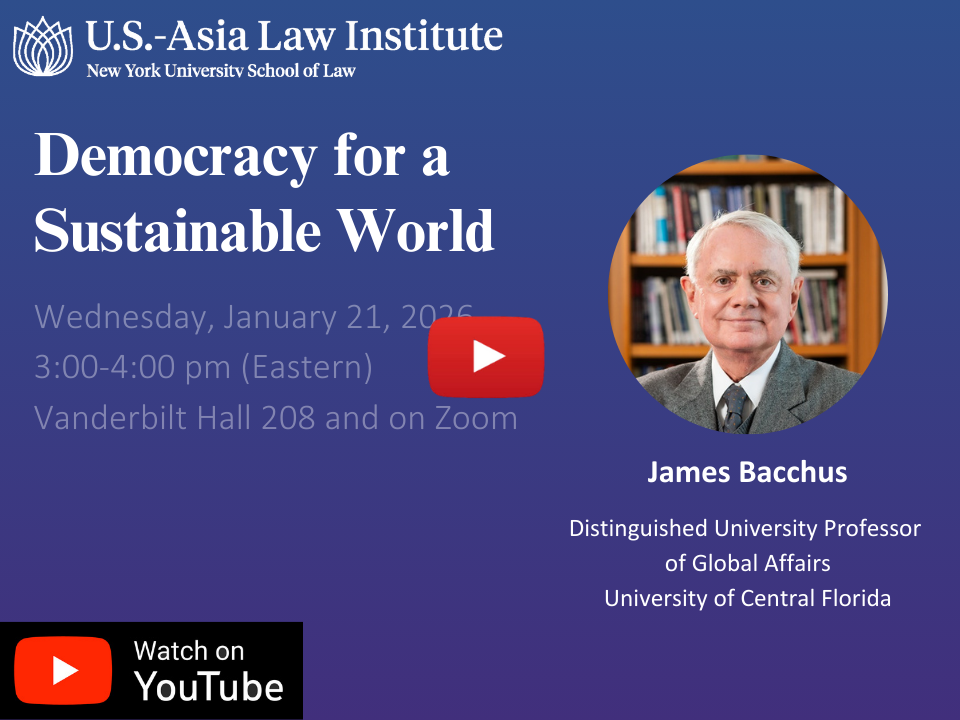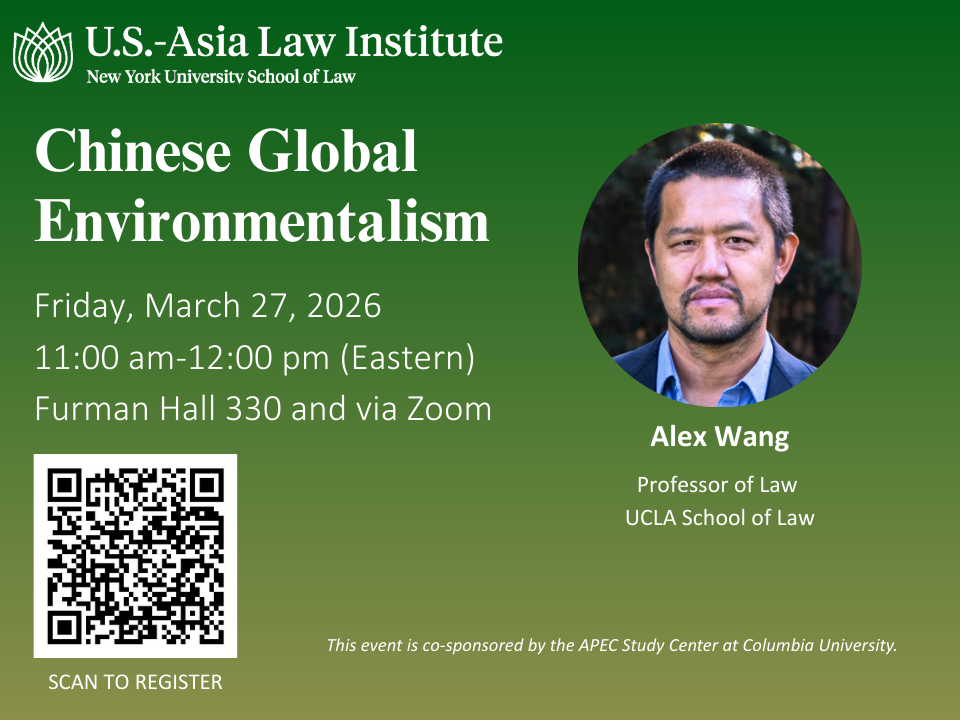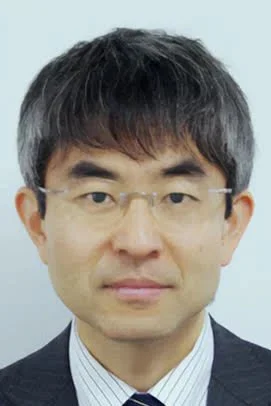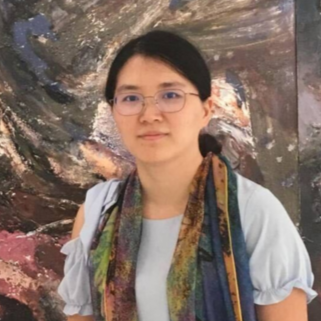Promoting Rule of Law and Human Rights in Asia
The U.S.-Asia Law Institute serves as a bridge between Asia and America, fostering mutual understanding on legal issues and using constructive engagement to advocate for legal progress.
New and Notable
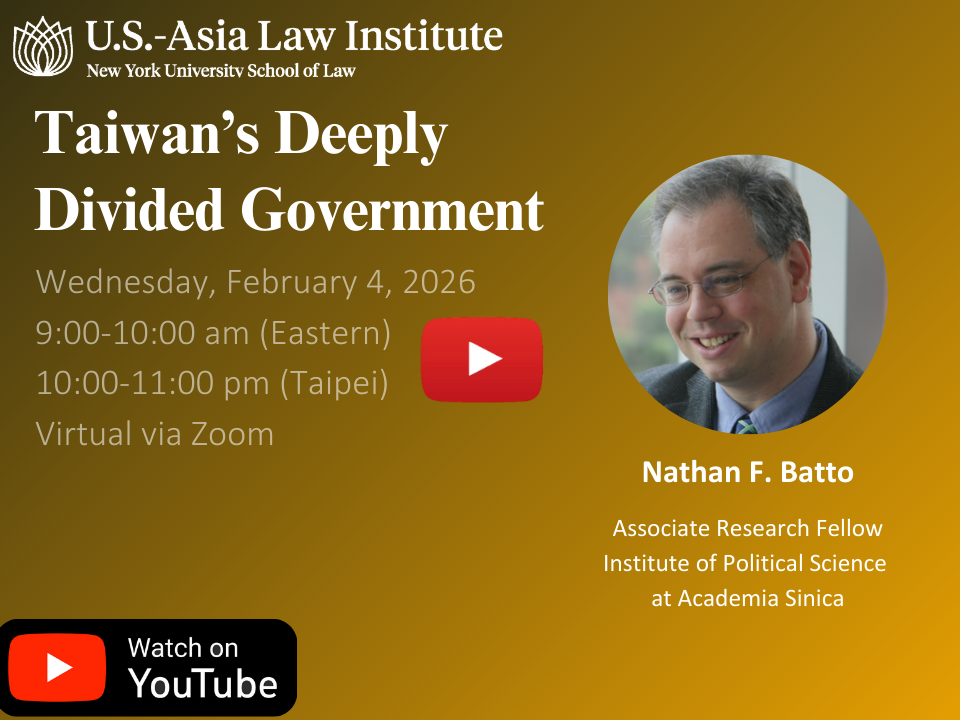
Japan’s overseas generosity in the form of aid has been a big part of its positive global image. It led the world in ODA for the entire 1990s in terms of total amount. But Hiroaki Shiga warns that Japan is increasingly using its aid program to counter China’s growing geopolitical influence, and in the process is adopting some negative features of Beijing’s approach.
Eight years since its founding, the China International Commercial Court does not (at least not yet) loom large in the competitive landscape of international commercial courts. Older courts in London, Singapore, and Dubai handle much larger caseloads each year. But Susan Finder writes that the CICC is a work in progress, and tracking its development can yield insights about the ambitions of China’s judiciary.
The 2030 Agenda for Sustainable Development identifies ensuring equal access to justice for all as one of its specific goals, aligning with the rights proclaimed in multiple international human rights treaties. Taking “equal access to justice” as an entry point, Yizhi Huang’s article compares the 2030 Agenda and international human rights treaties across three dimensions: background, content framework, and monitoring mechanisms. It argues that it is necessary to integrate the human rights mechanisms with the 2030 Agenda and coordinate both approaches in order to enhance judicial protection for vulnerable groups and achieve judicial justice for all.
February 1 - February 7
Chinese President Xi Jinping warns US President Donald Trump to handle arms sales to Taiwan prudently; free-market Hong Kong for the first time says it will draft a five-year economic plan in sync with mainland China; an influential panel of legal experts in Japan votes to preserve prosecutorial powers that block retrials in suspected wrongful conviction cases; five justices of Taiwan’s Constitutional Court issue their third substantive decision since declaring themselves not bound by an unattainably high 2025 quorum requirement.
January 25 - January 31
China says it will take “all necessary measures” to safeguard the rights of Chinese companies after Panama's Supreme Court voids a Hong Kong company’s contracts to operate container ports on the Panama Canal; Hong Kong’s anti-corruption body arrests thirty-three people on charges of defrauding government technology grant programs; Japanese Cabinet ministers approve policies to make it harder for foreigners to become Japanese citizens; a South Korean court convicts the former first lady of accepting bribes and sentences her to twenty months in prison; Taiwan’s Kuomintang Party prepares to resume party-to-party dialogue with China’s Communist Party.
January 18- January 24
China purges two more senior generals, including its top-ranked uniformed officer; a Hong Kong court begins the long-awaited trial of three democracy activists who led annual Tiananmen vigils; a Japanese court sentences the killer of former Prime Minister Shinzo Abe to life in prison; a South Korean court convicts former Prime Minister Han Duck-soo of aiding an insurrection and sentences him to twenty-three years in prison; Taiwan’s Legislative Yuan blocks the eighth attempt to review President Lai Ching-te’s US$39.6 billion special defense budget.
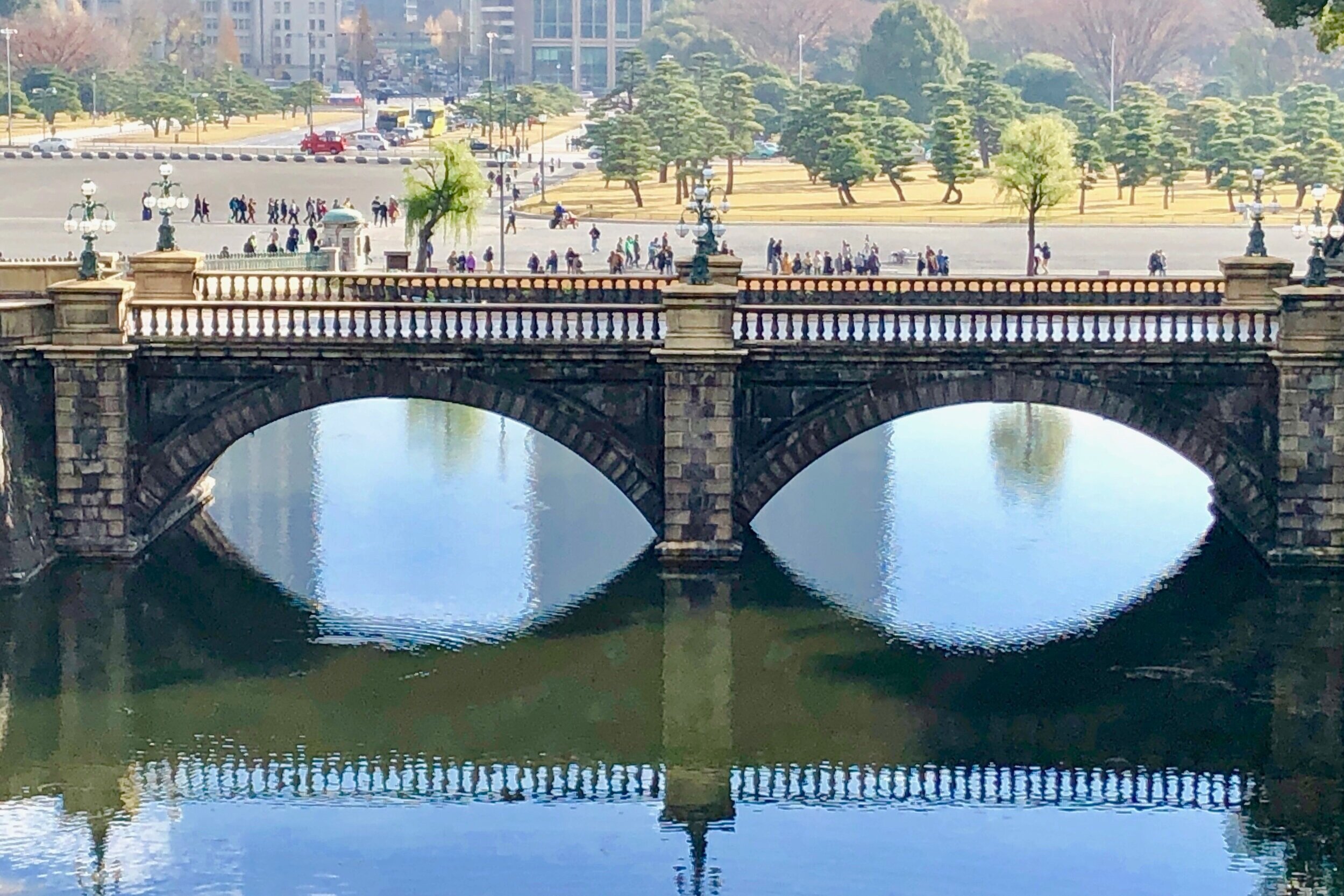
Program on International Law & Relations in Asia

